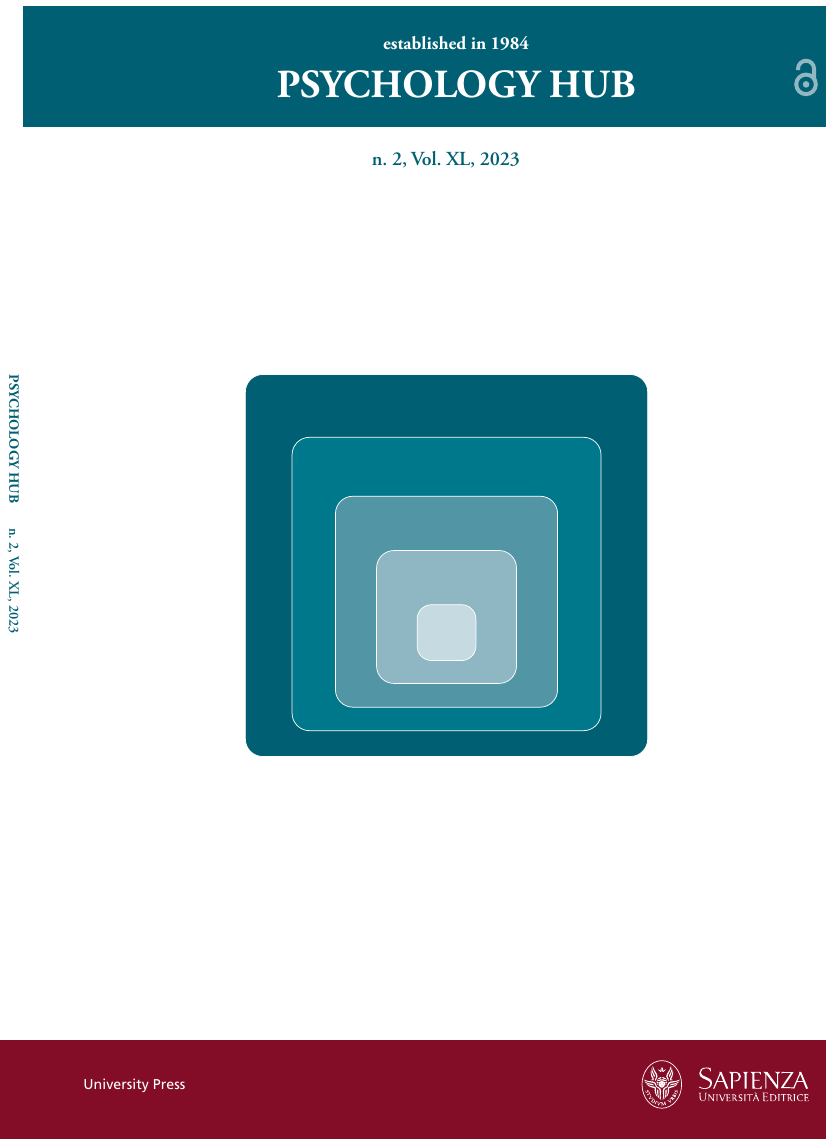Psychometric evaluation of the Italian Revised Exercise Addiction Inventory (EAI-R) among Italian speaking exercisers: Confirmatory factor analysis
DOI:
https://doi.org/10.13133/2724-2943/17987Keywords:
exercise addiction; exercise dependence; Exercise Addiction Inventory; psychometrics, Clinical psychologyAbstract
Background: The Exercise Addiction Inventory (EAI) is a valid and reliable instrument and has been used in numerous contexts and research studies. The EAI was recently revised (EAI-R), but the psychometric properties of the EAI-R have yet to be examined in an Italian context. Therefore, the present study aimed to validate the EAI-R among Italian-speaking exercisers. Methods: The sample comprised 200 Italian-speaking exercisers comprised (62% females, 48% male; mean age = 35 years, SD±11.42), who completed a survey including the EAI-R, Depression Anxiety and Stress Scale-21 (DASS-21), Rosenberg’s Self-Esteem Scale (RSES), and Exercise Dependence Scale-Revised (EDS-R). Results: Confirmatory factor analysis (CFA) showed the EAI-R had good psychometric characteristics (Cronbach’s α = 0.90) and confirmed the scale’s unidimensional properties. Scores on the EAI-R were positively correlated with EDS-R scores, the number of weekly hours of exercise, and DASS-21 scores. Conversely, EAI-R scores were negatively correlated with the RSES scores and age. Conclusion: The EAI-R is a psychometrically reliable and valid measure for assessing the risk of exercise addiction among Italian adults. The study expands the literature on exercise addiction and demonstrates important associational factors in the Italian context.
Additional Files
Published
How to Cite
Issue
Section
License
Copyright (c) 2023 Psychology Hub

This work is licensed under a Creative Commons Attribution-NonCommercial-ShareAlike 4.0 International License.





